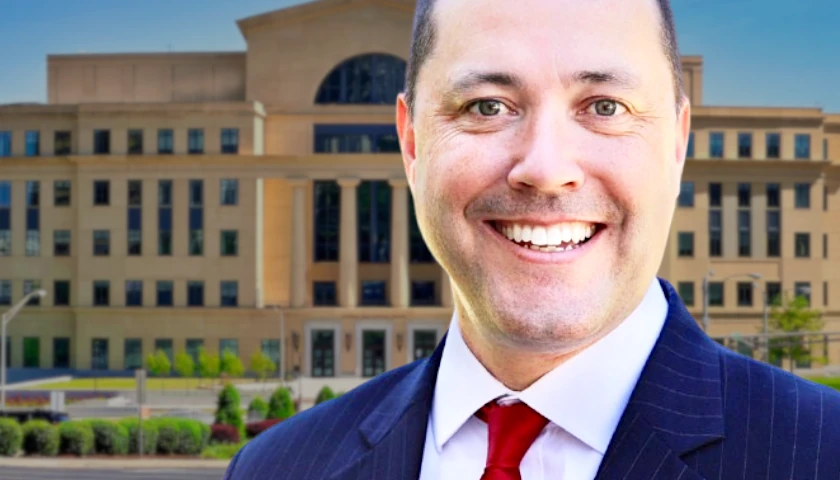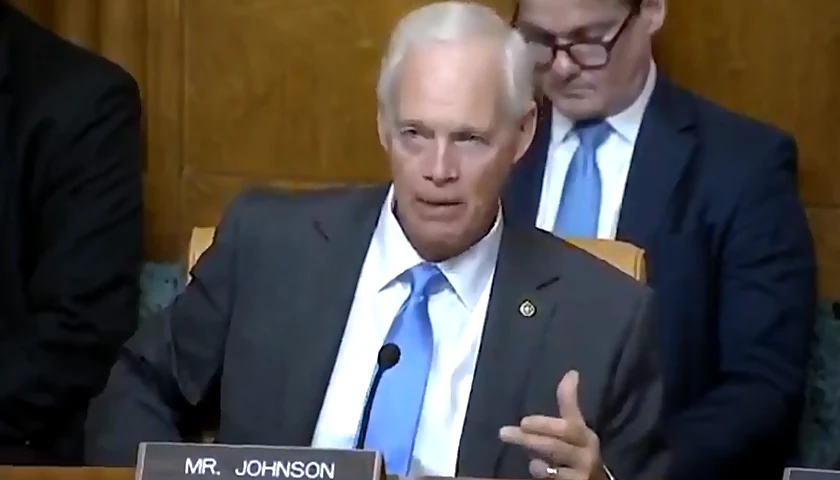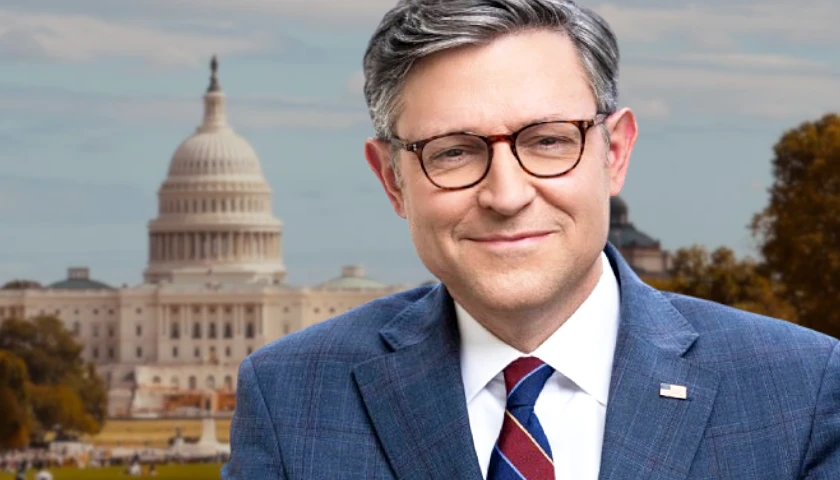by Adam De Gree
Capitalism is disappearing, but Socialism is not replacing it. What is now arising is a new kind of planned, centralised society which will be neither capitalist nor, in any accepted sense of the word, democratic.
George Orwell wrote those words nearly 80 years ago.
Today, Americans are witnessing exactly what Orwell described. Many have the sense that they no longer live in a capitalist country: 70 percent of Americans think the economy is rigged in favor of the rich and powerful.
But if America isn’t capitalist, what is it? The other economic systems most people are familiar with, fascism and socialism, don’t exactly describe the status quo. The latter calls for government ownership of the means of production, which is not the case in the United States. Similarly, fascism calls on government to steer economic activity by giving companies orders and letting managers put them into effect. With some important exceptions, that’s not happening either.
Rather, today, a relatively small group of managers cycle back and forth between the giant administrative agencies of both corporations and governments. Without so much as consulting public opinion, they set policy, establish processes, enforce codes, and adjudicate disputes. It is this managerial class that actually holds the reins of power.
The shift from a free market and a constitutional government to a managerial regime did not happen overnight. Nor was it confined to America. As James Burnham wrote in his 1941 book The Managerial Revolution, managerial regimes emerged in many places during the early 1900s. These regimes took money and power from entrepreneurs and put them in the hands of technicians, engineers, administrators, bureaucrats, and the security apparatus. Together, these so-called experts constitute a new class: management.
The USSR was formed by revolutionaries who seized power with promises of social justice, only to give managers control over all aspects of life. In Nazi Germany, a democratically elected party did the same. And in the United States, a less deadly and dramatic transition took place when the New Deal put vast swaths of the American economy under the supervision of government bureaucrats.
As George Orwell summarized:
The new ‘managerial’ societies will not consist of a patchwork of small, independent states, but of great super-states grouped round the main industrial centres in Europe, Asia, and America. These super-states will fight among themselves for possession of the remaining uncaptured portions of the earth, but will probably be unable to conquer one another completely.
Interestingly, this is the state of affairs in his most well-known book, Nineteen Eighty-Four, in which three “super-states” battle each other in a war that is never meant to end. Why? Because the permanent crisis of war is the perfect justification for the permanent management of society by party elites.
The United States of 2024 may be in better shape than Orwell’s Oceania, but totalitarianism is no longer just a hypothetical menace. In the last few years, particularly since the COVID-19 pandemic began, major violations of foundational Constitutional rights have become commonplace. As a former president stands convicted of a crime that no one can name, it is quickly becoming clear that no republic can long survive without enforcing its constitution.
Neither can capitalism. For as the government leaves its constitutional constraints behind to manage the economy, it becomes the target of corporate interests. Often, the same people move seamlessly from government jobs to corporate positions. In fact, when 44 members of the 115th Congress retired or were defeated in elections in 2018, nearly two-thirds of them got high-paying jobs as lobbyists or strategic consultants for corporations regulated by the federal government.
This is why it no longer makes sense to speak of the government and of corporations as if they were entirely separate entities. Rather, they are bound together by a web of shared interests and—too often—shared personal relationships. The result is not quite capitalism, not quite socialism, and not quite fascism; yet that is not to say that the managerial regime is friendly to freedom.
Indeed, every increase in liberty for the common person is a decrease in power for some distant manager. That is why it is so difficult to actually reduce the size and scope of government. It is also why those of us who want to see America return to its foundation in freedom need to be clear about what we’re up against.
– – –
Adam De Gree is a classical educator and freelance writer. He teaches online history, literature, and government & economics courses for homeschoolers with Classical Historian. His writing has been published in venues including The Culture Crush, The Imaginative Conservative, and Partially Examined Life.




